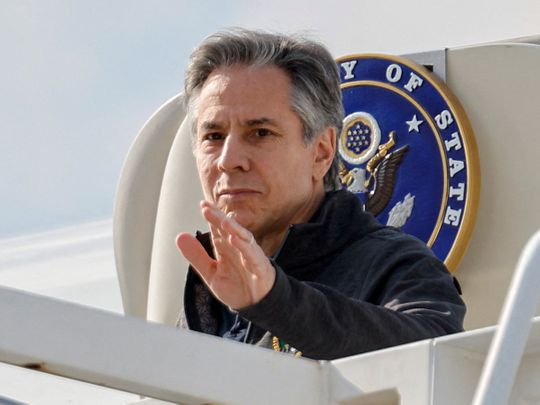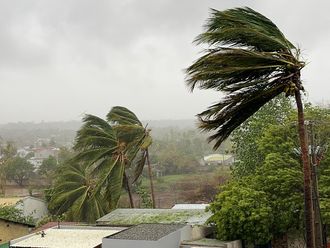
Brisbane: The United States is poised to cut off humanitarian assistance to Niger if its democratically elected leader is not restored to power, Secretary of State Antony Blinken said Saturday, warning that the military ouster of its president, Mohamed Bazoum, could have painful consequences for Nigerien citizens.
The declaration was the clearest sign yet that the United States was readying to pull back ties to a nation that the Biden administration had held up as hopeful example of democratic transition. It sent Niger significant amounts of humanitarian aid since Bazoum came to office in 2021, the first peaceful transfer of power in the country since independence from France in 1960. That came to a sudden halt on Wednesday, when the military took Bazoum into custody and the head of the presidential guard later declared himself the leader of the country.
"Our economic and security partnership with Niger, which is significant, hundreds of millions of dollars, depends on the continuation of the democratic governance and constitutional order that has been disrupted by the actions in the last in the last few days," Blinken told reporters at a news conference in Australia.
"So that assistance, that support is in clear jeopardy as a result of these actions, which is another reason why they need to be immediately reversed," he said. "We've communicated that as clearly as we possibly can to those responsible for disrupting the constitutional order and Nigerien democracy."
Blinken has remained in contact with Bazoum over the course of his detention, and the two men spoke to each other again on Saturday, the State Department said. He also talked to former president Mahamadou Issoufou.
Meanwhile, the European Union suspended its financial support and cooperation on security with Niger after the military ouster, the bloc's top diplomat Josep Borrell announced in a statement Saturday, citing the "unacceptable attack against the integrity of institutions of the republic."
The head of the Nigerien presidential guard, Gen. Abdourahmane Tchiani, said Friday that the "harsh reality of insecurity in Niger" had led soldiers to overthrow the president. He said that the democratically-elected government had not cooperated enough with neighboring Mali and Burkina Faso to combat an Islamist insurgency in the Sahel region of Africa, and he said that the new government would pursue closer ties to those countries, which are also ruled by military juntas.






